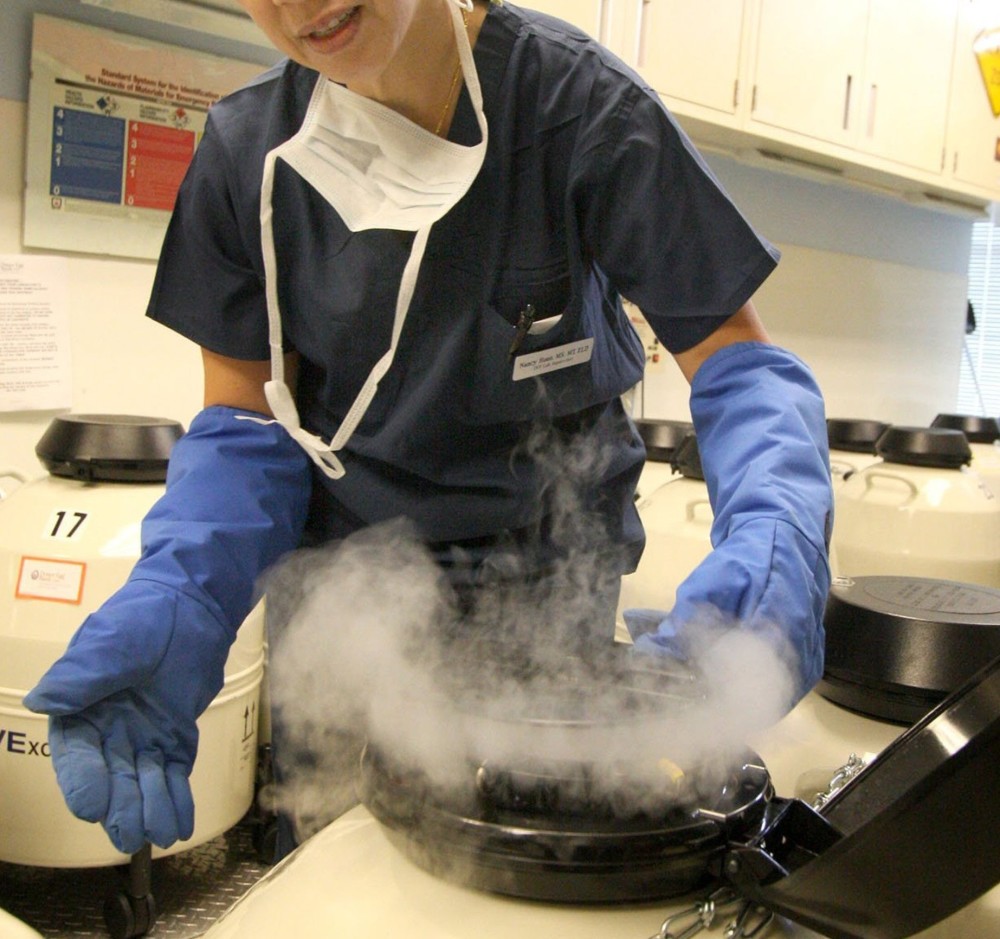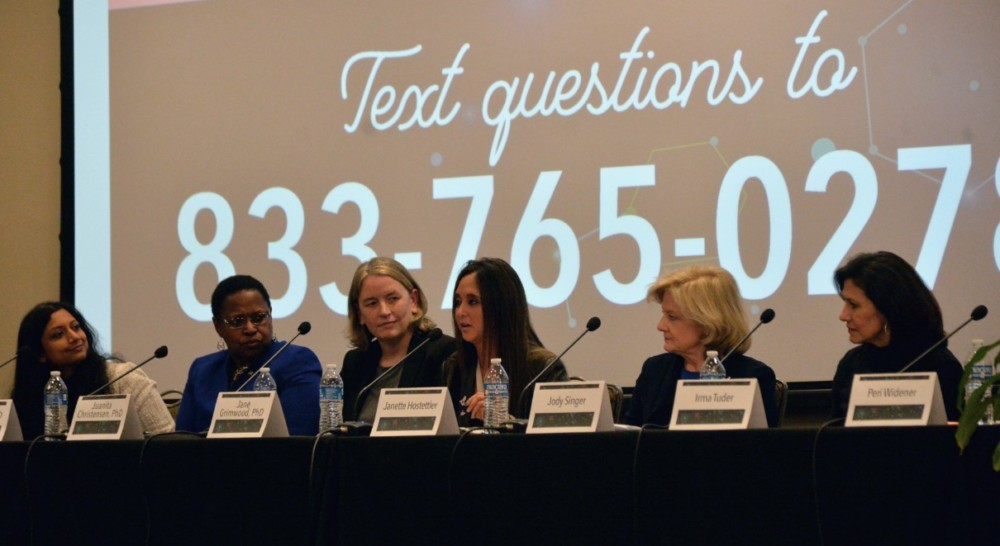By Daniel Moore
Pittsburgh Post-Gazette.
Silicon Valley entrepreneur Max Levchin whispered number theory proofs to his son when he was still in the womb.
buy cialis super force online pridedentaloffice.com/wp-content/themes/twentytwentyone/inc/en/cialis-super-force.html no prescription
“He was born, and what do you know? He’s a nerd,” he said.
About two years later, when Mr. Levchin’s wife was pregnant with a girl, he caught himself.
“I didn’t really whisper sweet math into her head, and I thought, ‘Why is that?'” Mr. Levchin said. “It’s a bad admission, but a good wake up call.”
The soft-spoken founder of the now-ubiquitous online payment service PayPal took a rare trip away from his San Francisco base on Tuesday to visit Carnegie Mellon University in Oakland and hear project pitches from students.
Before meeting with students, he talked with members of the media about the chicken-or-the-egg challenge of closing the gender gap in the STEM fields of science, technology, engineering and math.
Mr. Levchin argued that he shouldn’t have to be his daughter’s only role model in STEM fields because there should be highly visible women to inspire her. When he was growing up, “There were all these kinds of nerd celebrities” who inspired him to enter into the field.
But he acknowledged that, today, “There are no highly visible, living women” who are engineering celebrities.
“If you’re kind of a nerd girl and you’re thinking, ‘Who else is like that?’ And if the person who’s like you and ahead of you is celebrated, you’re reinforced that it’s not just OK, but cool,” Mr. Levchin said.
The idea that traditional gender roles shouldn’t be a primary driver for a person’s career should be enforced in children as early as grade school, he said.
“It’s not like we live in Medieval times.”
Women remain significantly underrepresented in computing and engineering fields, despite having made modest gains in the STEM fields since the 1970s, according to a report last year from the U.S. Census Bureau.
Among science and engineering graduates, men are employed twice as often as women.
That gap was evident when all but three of the more than two dozen students who pitched ideas to Mr. Levchin on Tuesday were male.
In addition to the gender gap, Mr. Levchin discussed his myriad post-PayPal ventures, which include Yelp, a social networking review site he founded in 2004, and Affirm, an online lending company he started in 2012 for “everyday people” that offers credit to consumers without, he said, the burden of a credit card.
He is also behind Glow, an app that allows women to track various aspects of their reproductive health in order to try to conceive a child.
The most recent endeavors, including Affirm and Glow, fall under the umbrella of Mr. Levchin’s Hard Valuable Fun Laboratories, which aims to start data-driven companies to disrupt and better rebuild big sectors, such as the banking and insurance industries.
“The best companies come out when you look at a product that’s maligned badly by its customers, but is seen as a total necessity,” he said.
















































































































































































































































































































































































